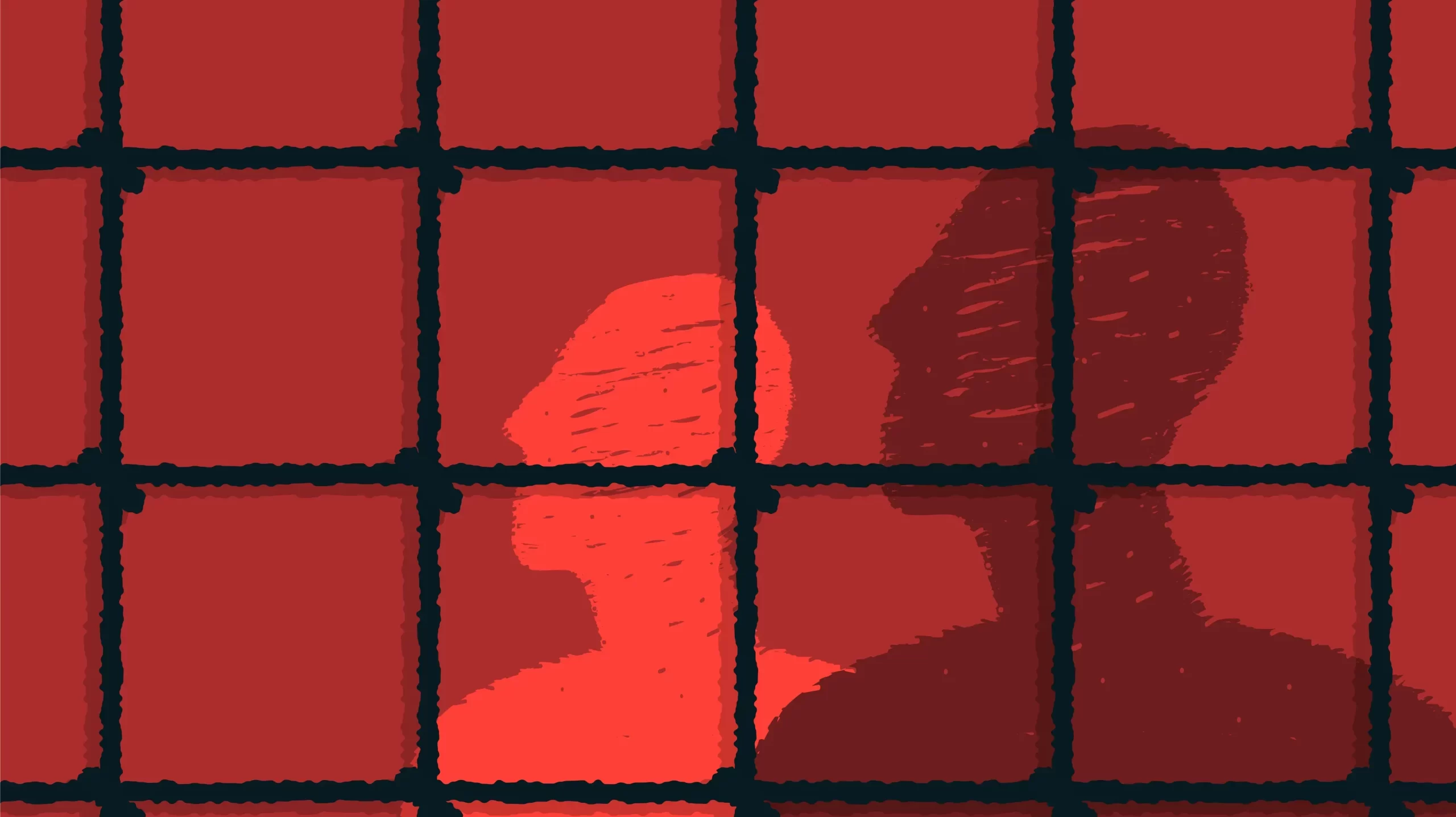Alabama’s prisons are managed stupidly.
This is not an opinion. This is a fact. It is a fact long proven by other facts and the sad reality that so few people charged with managing our prisons are willing to admit – that what we are doing is not working, is costing us more money, is cruel and inhumane and is serving to create more criminals.
The sad reality is if you wanted a case study in how to operate a prison system in the absolute dumbest, most counterproductive manner possible, Alabama’s would be the best place to start. Because every facet of our prison system is screwed up.
Let’s start with what we already know and that no one disputes: Our prisons are cess pools of violence and suffering, made exponentially worse by oversight that continually fails to address the problems that lead to the violence and suffering.
Like overcrowding, for instance.
We’ve known for more than 60 years now that our prisons are overcrowded and we have largely failed to do a thing about it. How largely have we failed? This largely: We’re currently building a couple of prisons that will cost more than a billion dollars each and when we are finished, the Alabama Department of Corrections will have not increased available beds by a single solitary prison cot.
But the violence and suffering go far beyond simple overcrowding. There is also an atmosphere of indifference, and in some cases, an atmosphere that encourages violence. That atmosphere has cost taxpayers more than $57 million in legal fees over the last five years, with a decent chunk of that doled out to settle lawsuits in which inmates accuse ADOC employees of abuses.
Those numbers came from reporting by Beth Shelburne, an independent journalist who has dug into Alabama’s many, many prison issues for the better part of the past decade. Her most recent work, published in Alabama Reflector this week, looks at the legal costs that taxpayers have paid over the last several years to make lawsuits go away.
And by the way, I hope you’re keeping track of these very large dollar figures that are being tossed about so casually. A billion for this prison, a billion for that one. A billion for the prison healthcare contract. A cool $57 million for lawsuits.
Not for nothing, but al.com’s John Archibald also reported Monday on the embarrassing case of attorneys representing Alabama — including a lawyer who has been paid more than $42 million since 2020 — getting busted for using artificial intelligence programs to write court briefs. Small problem: the AI made up (allegedly) citations that were included in those briefs. The judge is none too happy, of course, and a big gaggle of lawyers will be in court this week to iron it all out.
But there’s another big dollar figure: $42 million for one lawyer.
These mini hells on earth that we’ve created aren’t even saving us money — not when you factor in the legal costs.
There also seems to be very little that’s corrective about them.
Alabama currently has one of the highest incarceration rates in the world, ranking sixth in the U.S. (Among developed countries, only El Salvador ranks higher than the top nine U.S. states for incarceration rates.)
In addition, more than one-third of Alabama inmates who are released wind up reincarcerated within three years, according to government data.
And all of the “tough on crime” posturing to excuse away our abhorrent prison conditions has done a thing about crime rates. Alabama still ranks in the bottom half of the country, and well above the national average.
So, the prisons are not cheaper. They do not deter crime better. They do not deter violence within them better. They do not serve to rehabilitate prisoners very well.
In fact, the lone thing that Alabama prisons seem to do well is dish out cruelty. Possibly better than any other prison system in the country.
Honestly, that seems to be their only purpose at this point — to house people convicted of crimes and treat them as horribly as anyone could ever imagine. Not for any benefit to the greater society, or to the humans behind their walls, but simply for cruelty’s sake.
An that, is very stupid.


















































